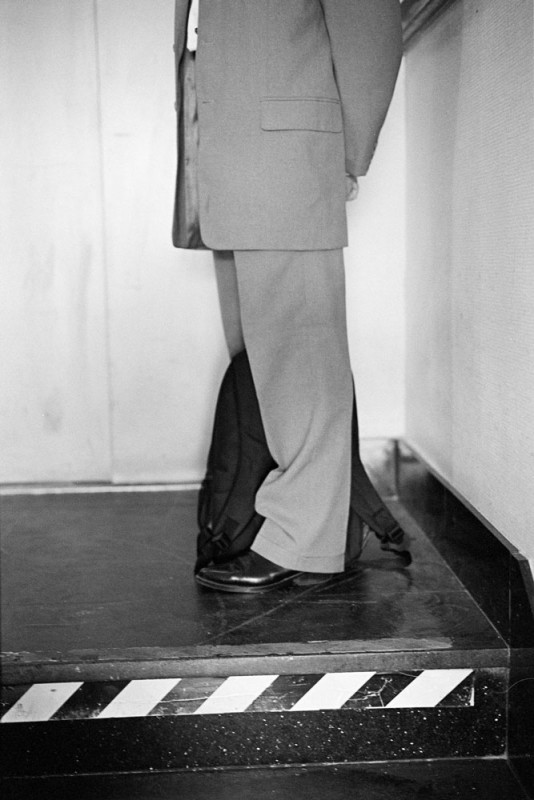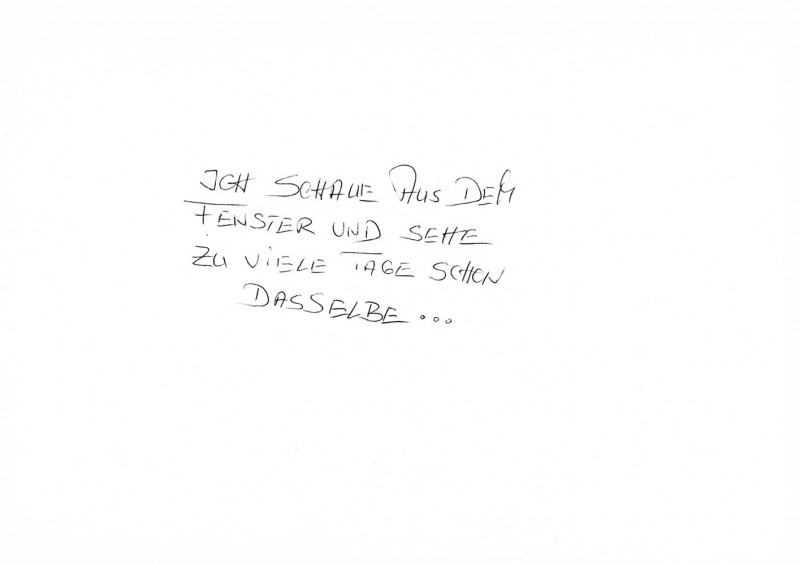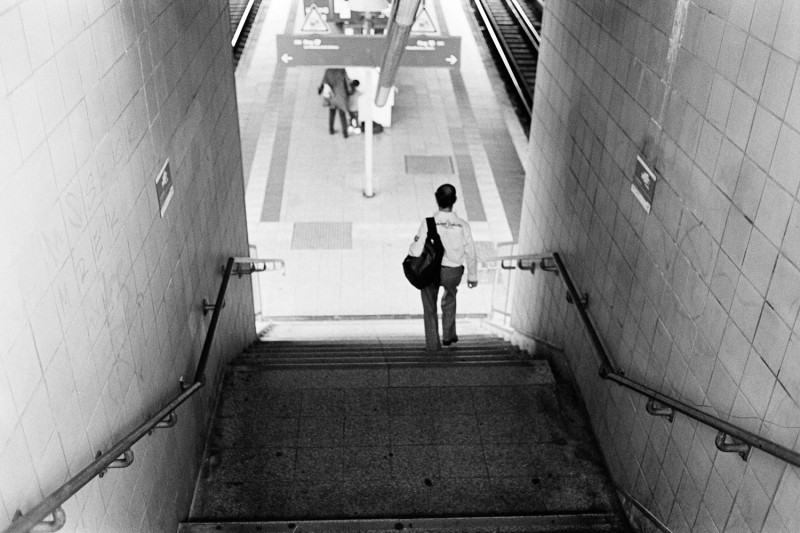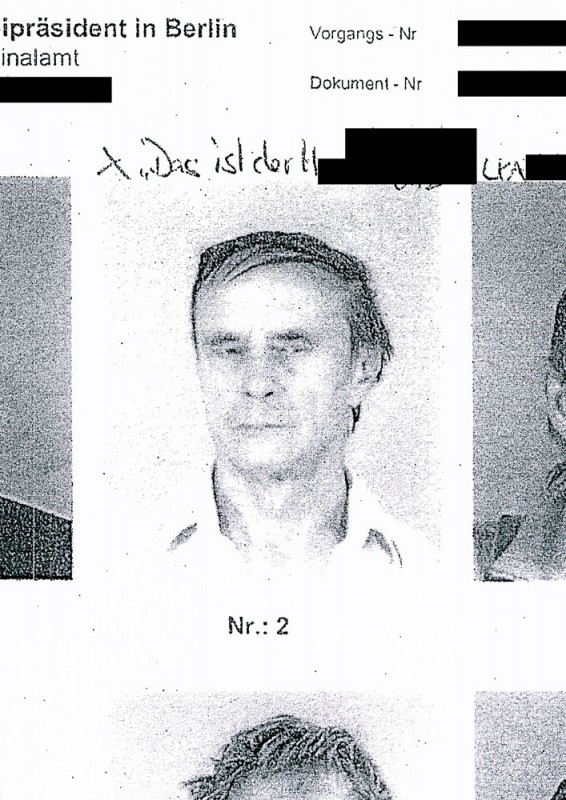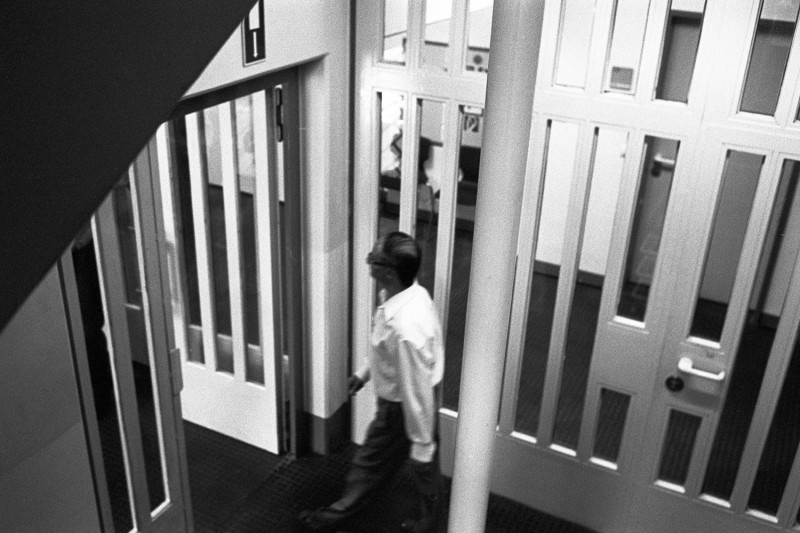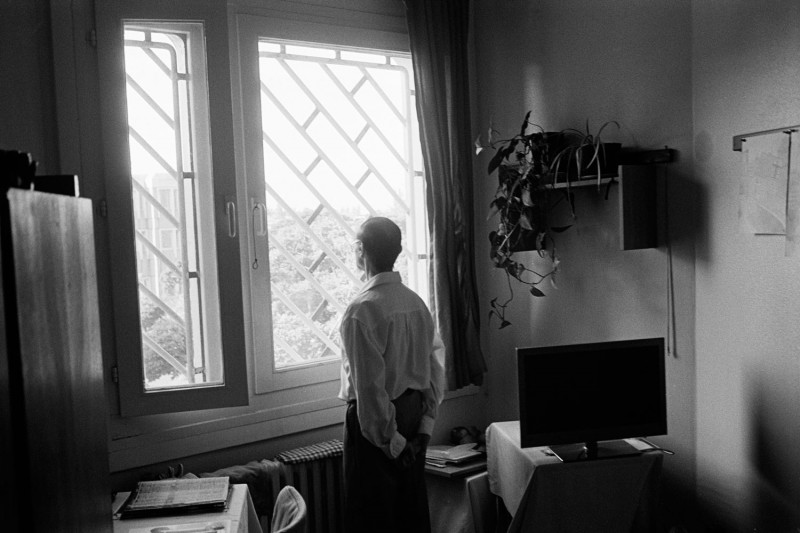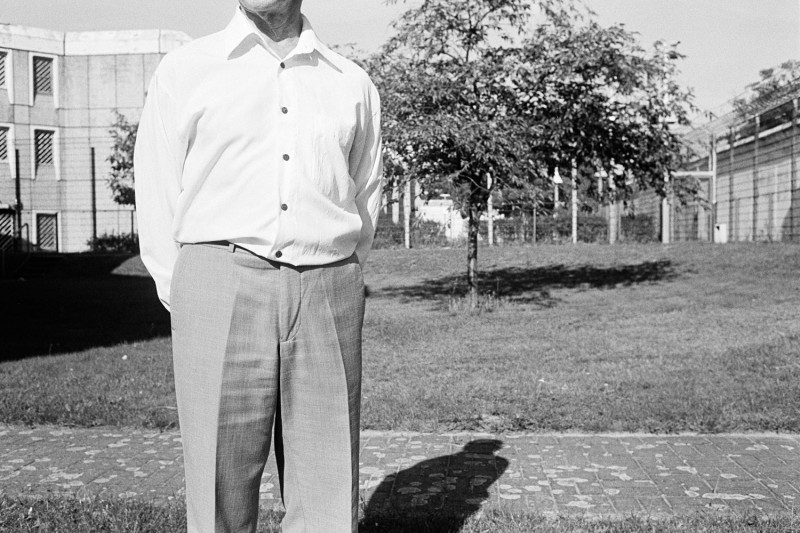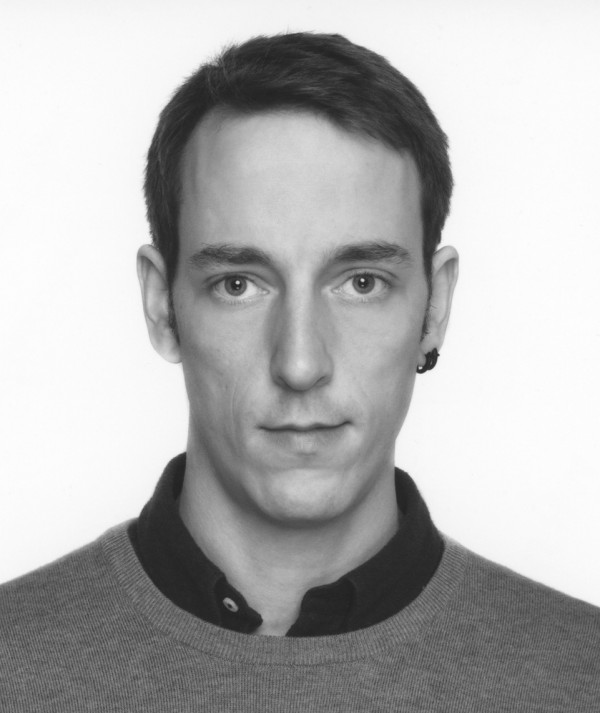Mr M. – the court case of a forger
Mr M. – the court case of a forger
Lukas Heibges
May 24, 2019
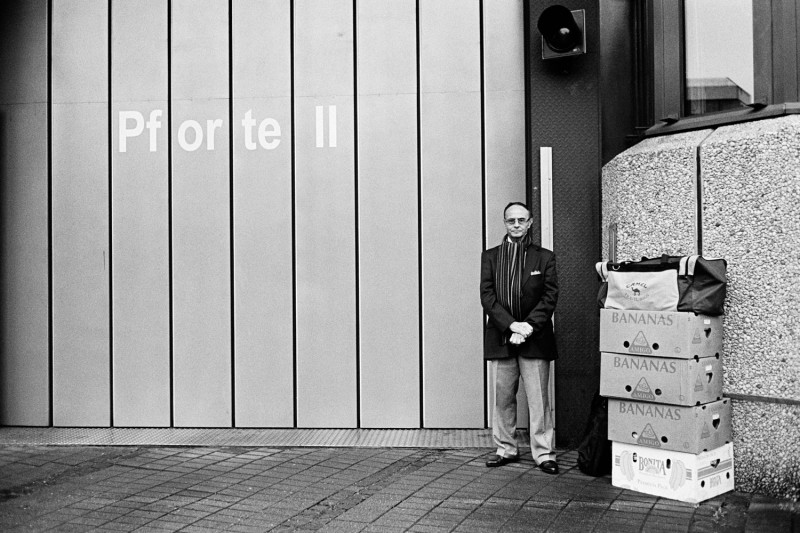
What is the aim of this project and who is its target group?
My aim is to publish the story of this forger and conman, which took place in the midst of life in the Neukölln district in Berlin. By telling the story of Mr M. in the form of a case file, based on the investigative reports, observations, and court proceedings, I can give the readers and viewers an insight into our justice system, and lend a human face to the constructs of a court case. With this in mind, I also want to question our understanding of ethics and justice. The publication is directed at anyone interested in art, photography, our justice system, and social issues.
Why should someone support this project?
Probably everyone has their own perspective of matters related to our justice system. At the same time, however, most have probably never seen how meticulous the work of securing evidence actually is; nor have they seen how the evidence is then evaluated and afterwards weighed up by a court. This project offers insight of the investigative work all the way to the issuing of a warrant for an arrest, and then changes perspective, allowing the convicted protagonist to speak during his prison sentence and up until his release in June, 2016. I want to deal with the controversies that arise between people and the judiciary, and to question our perceptions of ethics and justice.
What were the photographic challenges for this project?
When I began, I was asked if I would do a reportage on the release of my protagonist; but doing a reportage was the last thing I had in mind. That is why, right at the beginning of the project, I had looked for a conceptual strategy for the photographic approach. By looking into the initial files, with observations, reports and photographs, I wanted to concentrate on “observing” the individual, rather than producing a classic portrait of my protagonist. In the final selection there are in fact some portraits, but in the publication I wanted them to follow the dramaturgy and only be revealed towards the end. The picture of a person is built up little by little – at least at the visual level.
Why did you opt for an analogue Leica?
I have been photographing with the M6 for a long time, and wanted to get my own back then. I am convinced that you are less distracted and deal with the motifs in a more concentrated manner. Last but not least, what I appreciate about the analogue process is the fact that it's defined by anticipation and surprise, the moment the negative comes out of the developing tank.
More information on the startnext crowd-funding campaign can be found at: startnext
The photos will be on display at the Communal Gallery in Berlin from 4 September to 17 November 2019.
Lukas Heibges+-
Lukas Heibges lives and works in Berlin and Amsterdam. After studying at the Art Academy AKV St. Joost in the Netherlands, he did master studies in 2012 at the Ostkreuzschule für Fotografie in Berlin. At the moment he is completing his master's at the FH Bielefeld. His artistic work is based on both a theoretical as well as practical involvement with photography and film. A focus on socially-relevant subjects and how they can be presented in a visually meaningful way, plays a central role in his work. More

